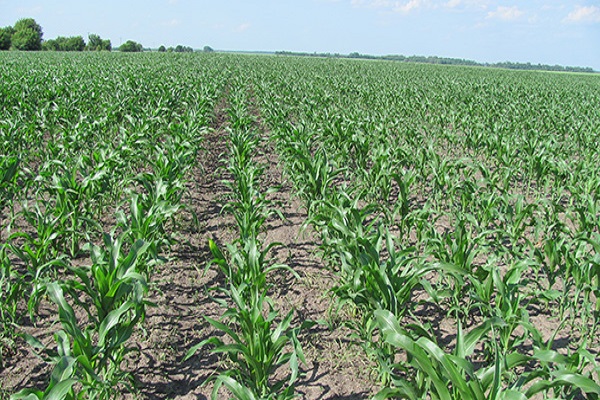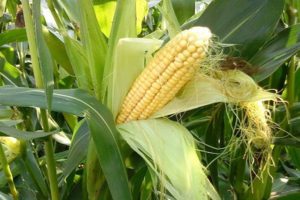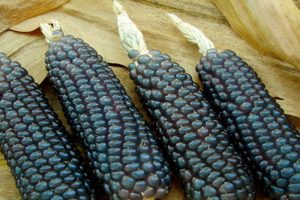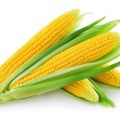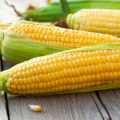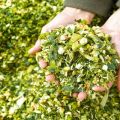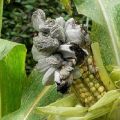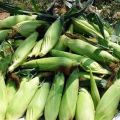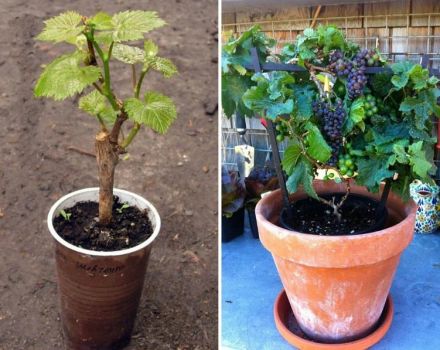What are herbicides for processing corn, their types and applications
A corn herbicide solves the weed problem. The crop as it grows needs weed harvesting. It is easy to cope with them on a small plot, which cannot be said about large-scale plantations. A large number of weeds between the beds make mechanical weeding difficult, and crop growth and development slows down. Herbicides are effective in this matter if they are selected correctly and the person knows how to use them.
What it is?
Herbicides are chemicals that are used to kill unwanted plants on land. Herbicide formulations help remove weeds in a short period of time. Based on the type of influence, they are divided into preparations of continuous and selective exposure. The latter are more often used to protect crops from weeds. They are chosen when cultivation of corn.
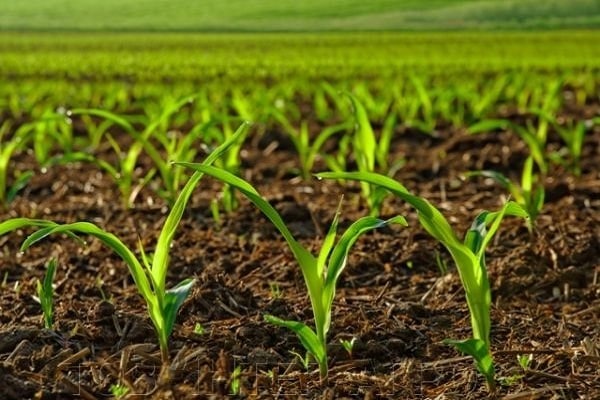
More about classification
Almost all types of weeds are annual grasses. Reproduction takes place with the help of seeds and they live the whole season. Perennial weeds are equipped with a developed root system that goes deep into the soil. This advantage makes it possible for the plant to develop from a piece of root, which often remains after poor-quality weeding.
With the help of herbicides, a person can get rid of a certain type of weed or all at once.
Chemical reagents, depending on the breadth of the exposure spectrum, can be divided into:
- selective drugs;
- continuous-action preparations.
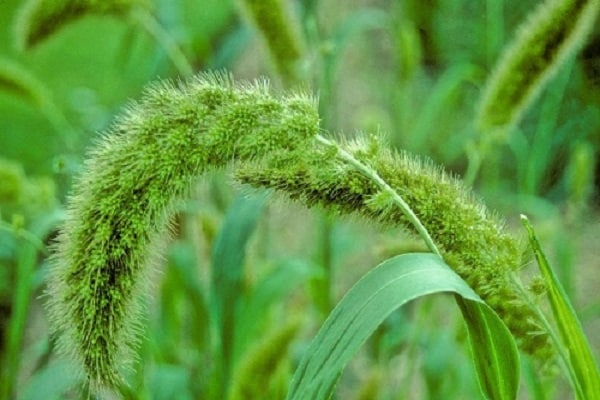
Herbicides for maize of the latter type destroy all weed vegetation, without exception, in the cultivated area. This allows them to be used for complete cleaning of the beds, in the place of which there will be a lawn in the future. Reagents with higher concentrations are more often suitable for use in construction or industrial areas, at airports and on the roads.
If you cannot get rid of the bad weeds, this type of herbicide is also chosen.
Selective drugs are chosen to destroy harmful vegetation in areas that are intended for the growth of certain crops. However, they do not harm themselves. These can be fields with cereals, tomatoes, potatoes, corn or sunflowers. The treatment is carried out before or after the germination of the culture. Regardless of the time of spraying, carefully study the instructions for the preparation.
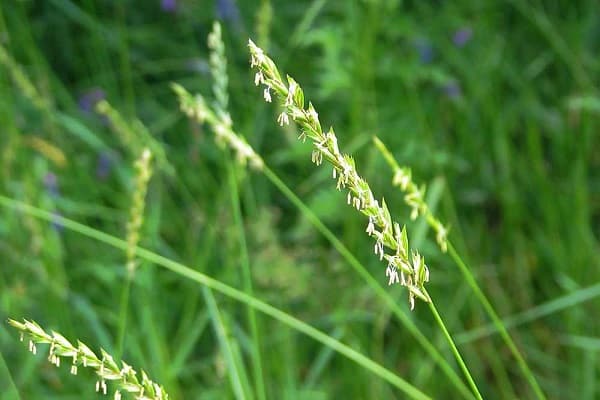
Feature of the used reagents
As many years of practice show, not all herbicides are suitable for the treatment of corn. This culture is highly sensitive to certain chemical components. Different varieties react to the same substance in their own way.To this end, scientists have developed lines of drugs that do not harm corn and at the same time destroy weeds.
Corn tolerates acetochlor, clopyralid, amine salt and sulfonylurea well:
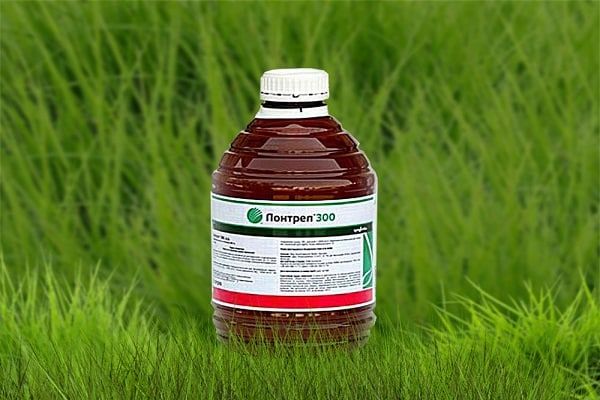
- Soil preparations such as acetochlor are capable of killing weeds in the top layer of the earth even before germination appears on the surface. It continues to operate for 2 months. Protects against annual and biennial weeds.
- Clopyralid acts on weeds when the slightest sprouts appear.
- Amine salt is used exclusively for moist soil. In dry weather, it is possible to burn the corn leaves.
- The selective substance of systemic action is sulfonylurea. The result is shown in the fight against weeds.
These components are used to treat corn beds. Do not harm the culture itself. The land remains clean for 6-8 weeks. They are part of preparations for processing.
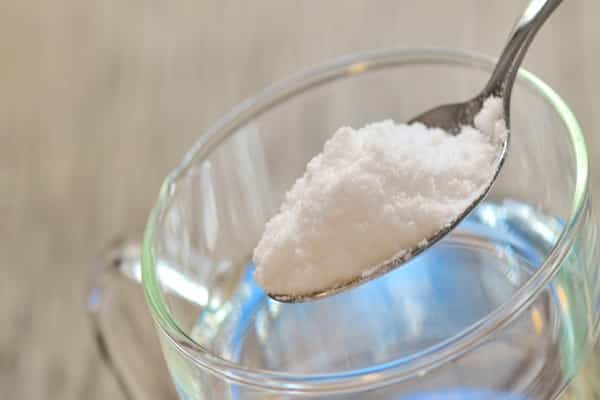
Choosing a drug
Herbicides that act on corn are divided into postemergence and soil. The main advantage that all species have in common is weed control. Moreover, they affect both annual and perennial plants. Each individual drug has a limited capacity. Before buying a product, you need to consult with experienced agronomists so that the effect is maximized and the harm is minimal.
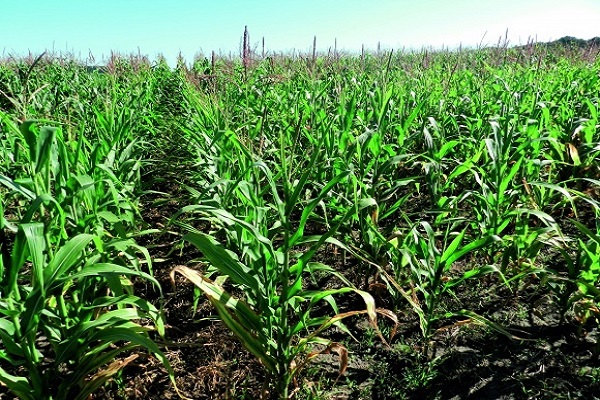
Popular drugs
The market offers customers a wide range of products for corn processing. Popular among them:
- Dublon Gold is one of the most highly effective herbicides. It continues to operate for months.
- "Titus" is a systemic drug with a selective type of action. Works quickly, the result is noticeable already 4-5 days after treatment.
- "Aztec" substance for soil, selective type of action. Kills weeds before sprouting. Protects the culture for 2 months. The only condition for work is moist soil.
- "Miranda" is a herbicide intended for "insurance". Used to prepare the land before sowing crops. Affects weeds with the appearance of 3 leaves. Has a low level of danger to humans and animals.
- "Trimmer" is a systemic drug. Release form - granules. Diluted in water before use.
- "Quasar" destroys weeds only after the emergence of seedlings above the soil. Suitable for the destruction of all types of unwanted plants. The effect is noticeable after the first application and lasts for a long time.
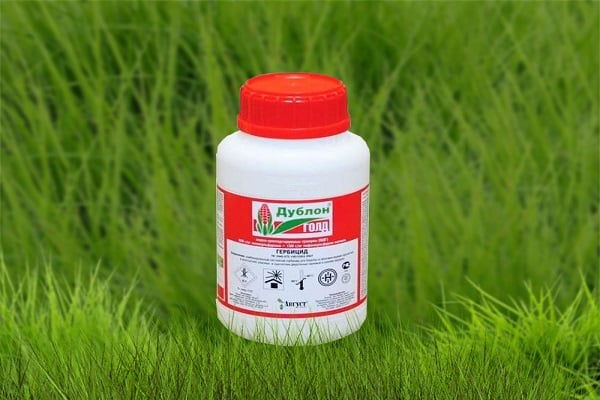
In more "difficult" cases, it is recommended to use other herbicides:
- Perennial weeds are perfectly susceptible to the action of such herbicides as Turbin, Korrsan, Basis and Leoniy.
- Perennial plantations have a developed root system and it is difficult to get rid of them. Stellar will help with this.
- Preparations for the control of dicotyledonous weeds - "Certo Plus", "Dikopur", "Callisto" and "Diamax".
- Sow thistle and similar weeds are completely eradicated with Lontrell 300, Argon and Defender.
Each type of herbicide that is applied to corn has a different exposure time. Some destroy herbs within 24 hours, others will need from a week to a month. Such nuances depend on the composition of the drug. This should be taken into account when choosing a herbicide.
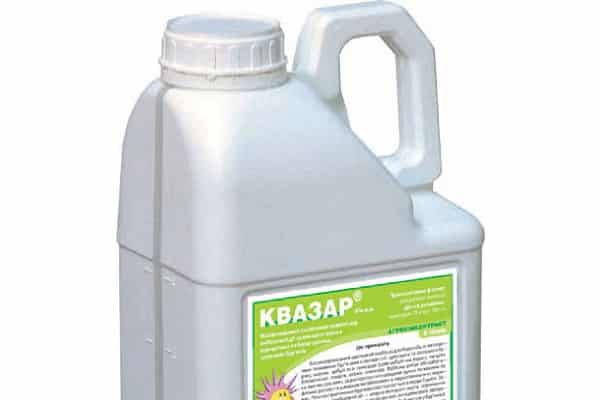
How to use reagents?
The method of affecting weeds and the period for each drug is different. Therefore, you need to know how to use them correctly. To achieve maximum effect, adhere to the following rules:
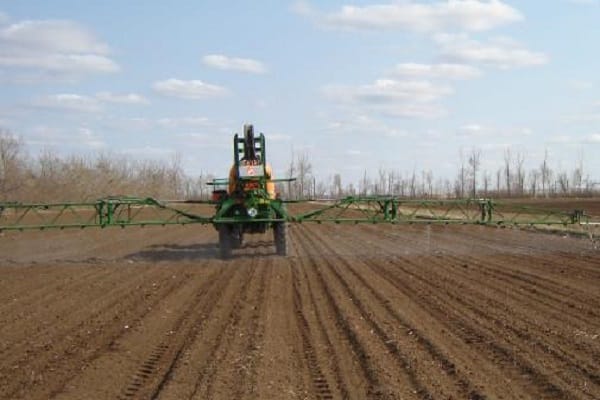
- Reagents are applied before planting the culture, immediately after inoculation and during the growth period. It is forbidden to treat corn with herbicides at the moment of ear formation or maturation.
- Much attention is paid to tillage. Large clumps of soil contain weed roots and seeds. If this is overlooked, even after spraying, they will survive and sprout soon. Do not forget about periodic and high-quality loosening.
- The treatment of corn with herbicides of continuous action is carried out after harvesting the land from crop residues. The substance should not interfere with anything to penetrate the soil.
- Adhere to the application standards indicated by the manufacturer on the packaging.
- At the time of processing, pay attention to the weather. Wind or precipitation negates human efforts.
Corn is a cereal that has great benefits for humans. It is used in industrial areas, is eaten and is a feed for animals. It is imperative for the farmer or owner of a large farm to protect the corn from weeds. This will not only cleanse lands that are capable of fruiting, but also allow you to collect large yields, having a positive effect on them.
